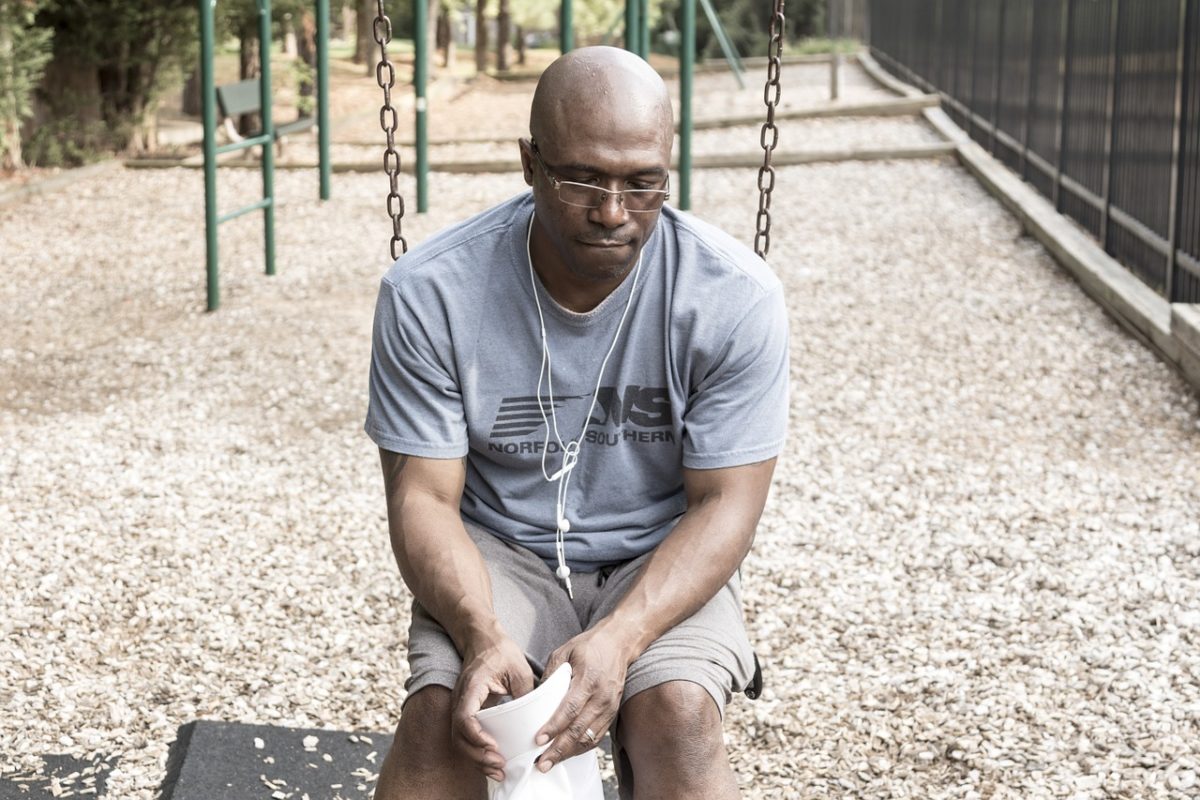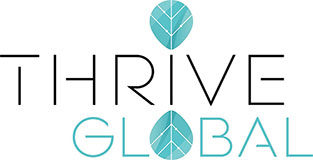
The Worry List
MichaelSunnarborg / March 22, 2016 Article, Image, Link / Leave a Comment
What are you worried about right now?
Do you have a “Worry List”—you know, a virtual list of the things that you are most worried about? And when one of the items on your worry list is resolved, does another one immediately take its place?
According to Dictionary.com, to worry is “to torment oneself with or suffer from disturbing thoughts.”
Torment oneself? Ouch.
So why do we worry?
According to research, negative thinking is natural. In his book, The Mindful Path to Self-Compassion, Dr. Christopher Germer tells us, “We have evolved for survival, not happiness, and thus have a natural tendency to focus on the negative.” Considering that our brains are naturally hardwired for problem solving, being skeptical comes naturally—call it pragmatic contingency planning.
But when our worrying becomes a preoccupation, it can hijack our ability to think clearly. Then, anxiety can easily slip into the driver’s seat and steer our cognitive car—and that isn’t a pleasant journey for anyone.
Instead of worrying, try making yourself aware of the differences between fears and legitimate concerns. Our fears can take the form of “What if…?” questions, unknowns, and memories of past unpleasant experiences; whereas legitimate concerns might be thoughts such as, “I want to be sure that everything is ready,” or “This will be an important safety measure.”
Dispelling our fears often requires acquiring information to counteract our doubts, while acknowledging our legitimate concerns is simply bringing awareness to them.
So here are a few tips to help you discern your worries from concerns.
Get them out. Writing down or talking about our worries helps us in two ways: 1) It gets them out of our heads, and 2) It dilutes their power. Once our thoughts have been expressed, they become easier to see objectively. Writing and speaking helps to process the emotions associated with our thoughts; plus, once we export old problems, we create room to import new solutions.
Get information. Many of our worries are based in a lack of information. For example, if you are worried about your taxes, you might speak to a tax adviser and educate yourself about what you need to know. Then you won’t need to worry about it. Many of our problems in life could be resolved quickly if we started asking questions and seeking answers.
Stay present. Since the majority of our worries are focused on the future (i.e., what might happen), we can lose the power of the present moment—which is where true power is. Staying present is knowing that our worries are not our present reality, but rather our thoughts—and that we can find relief by releasing the need to know what’s going to happen next.
Don’t go there. Easier said than done, but “not going there” (i.e., allowing our thoughts to drift into worry) is an unproductive habit. However, you can change unhealthy habits with practice and discipline. When you catch yourself starting to worry about something, stop and ask yourself, “Is this something worth worrying about? Is there anything I can realistically do about it? If so, what can I do right now? If not, how can I let this go and practice patience while I’m waiting?”
Recently, a friend told me that she was looking forward to a road trip but was dwelling on her fear of having car trouble. To overcome this negative emotion, she took these two steps: 1) She had her car serviced and discovered that her battery was seven years old. She wasn’t having trouble with it, she said, but she had her shop replace the battery so she wouldn’t have any trouble with it. 2) She reminded herself that she pays for AAA road service, so she’s covered if something happens. Those two thoughts help her cross that worry off her mental list!
Learning how to support our legitimate concerns with factual information and bringing awareness to the thoughts about the things we can’t control can help us feel more at ease and balanced without having to continue managing a “Worry List.” And that should give us one less thing to worry about.
To Our Better Balance,
Michael Thomas Sunnarborg
Michael is a professional speaker, best-selling author, and life transition coach, helping people find better balance and happiness in life—especially during transitions. You can follow Michael on Facebook and Twitter, or learn more at michaelsunnarborg.com
Need more tips for finding better balance? Then visit michaelsunnarborg.com/books and find support for all areas of your life, work, and relationships.
Image: Pixabay.com




Great article! We need you to come and lead a guided discussion with our cancer group on “Concern, Worry, and Fear….How to Stop the Progression of the Mindgame” or something with that concept. Let’s schedule it on our next program calendar.
Cancer Concerns and Connections Mutual Help Group
Wonderful! Thank you, Yvonne. I would be delighted to speak to your group. Please send me more information via my Contact link. Thank you!
Now this is exactly what I need for my life. Is to hear someone give me bits of useful information and the tools to help me figure out what to do. I haven’t found anyone that can help me out yet and when I started reading this, it actually made a lot of sense to me and I think I can use this tool to help myself. I liked this bit of information on worry. That is a big stress in my life and I think I am going to try your suggestions about writing things out to see if that will help me transition.
Thank you, Tammie. I appreciate your comments and I’m glad that this article spoke to you. Sometimes it’s easier to digest new information or suggestions from somebody else’s experience—I know that it certainly works for me!
The concept of “letting go” is so powerful. My recovery program teaches that in our 3rd step. It helps me to examine some of my own behavior (for example, my dysfunctional relationship with my car keys–where are they today???) and recognize that I might not be the best at managing my own life. Usually, when I turn my issues over to Higher Power, the resolution is amazing and most of the time, I could not have effected the outcome as well as it happened without my input.
Ah, yes… letting go. A lesson for each of us, indeed!